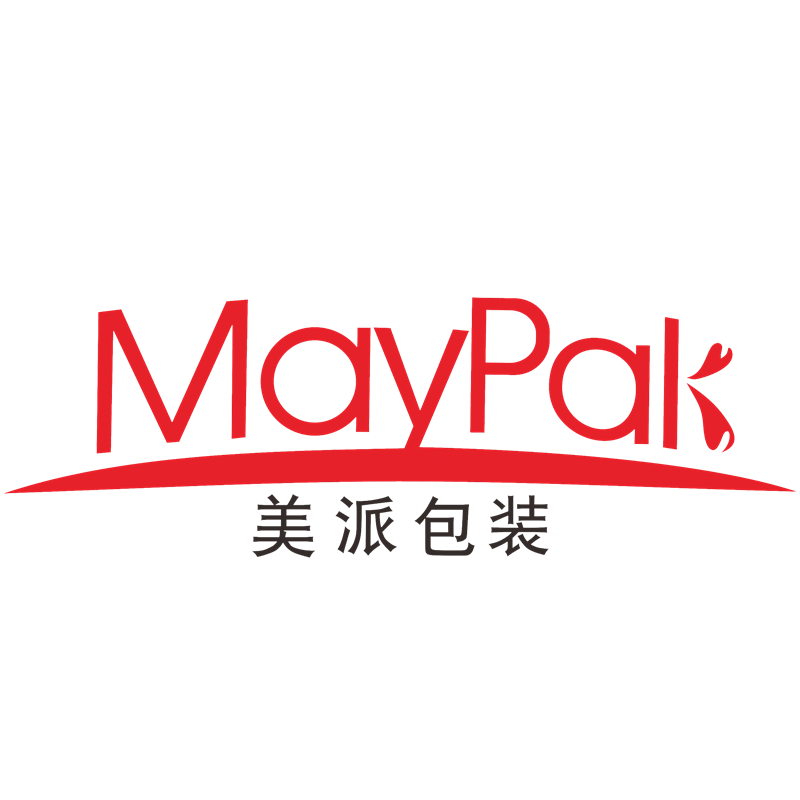Editor’s note: The potential hazards of plastics are understood by more and more consumers. Consumers have put forward higher requirements on the social responsibility of brand owners. Consumers are changing more than the government.
European Union
The EU issued a plastic limit directive in 2015. The goal is that by the end of 2019, people in EU countries will consume no more than 90 plastic bags per person per year, and by 2025, this number will be reduced to 40. After the directive was issued, all member states have embarked on the “road of plastic restriction.”
In 2018, the European Parliament passed a decree on the control of plastic waste. According to the decree, starting from 2021, the EU will completely ban member states from using 10 types of disposable plastic products such as drinking straws, tableware and cotton swabs. These products will be replaced by paper, straw or reusable hard plastics. Plastic bottles will be collected separately according to the existing recycling model; by 2025, the recycling rate of single-use plastic bottles in member states is required to reach 90%. At the same time, the bill also requires manufacturers to take more responsibility for their plastic products and packaging.
France: From January 1, 2020, France bans the sale of certain disposable plastic products, including disposable cotton swabs, disposable cups and plates and other plastic products. School cafeterias also ban the use of purified water in plastic bottles.
The manager of the “French Zero Waste” organization stated that the French authorities will gradually strengthen the “plastic ban” in the next few years, and plan to ban the sale of drinking water in plastic cups, plastic drinking straws and stirring rods, and styrofoam lunch boxes in 2021. Plastic packaging of fruits and vegetables will also be banned; in 2022, the catering industry, including fast food chains, will be prohibited from providing disposable tableware to dinning customers. The ultimate goal is to reduce the use rate of disposable plastic products to zero by 2040.
Germany: As early as 2016, the German government reached an agreement with relevant companies to impose a tax on disposable plastic bags. That is, stores no longer provide plastic bags free of charge, and customers need to pay a certain fee to use plastic bags. Since the implementation of this policy, the per capita consumption of plastic bags in Germany has dropped from 68 in 2015 to 24 in 2018, and the national consumption of plastic bags has dropped by 64%.
In September 2019, the German government stated that it plans to increase “plastic restrictions” and is preparing to pass legislation to prohibit the sale of lightweight plastic bags at supermarket checkout counters.
Denmark: Denmark was the first to levy taxes on plastic bags. In 1993, Denmark began to levy taxes on plastic bag manufacturers, and at the same time allowed retailers to charge for plastic bags. This regulation directly led to a 60% drop in the use of plastic bags in Denmark at that time. France, Ireland, Bulgaria, Belgium and other countries all adopt this approach. In Germany, Portugal, Hungary, the Netherlands and other countries, retailers charge customers for plastic bags. Italy is even more stringent. In 2011, the government announced that, except for biodegradable or decomposable plastic bags, other plastic bags are banned.
Asia
South Korea: As early as October 2010, South Korea began to implement the “recycling metering and charging garbage bag sales” system, stipulating that supermarkets must not provide disposable plastic bags for free. Five large supermarket chains in South Korea have signed relevant agreements with the South Korean Ministry of Environment to actively promote the use of environmentally friendly containers to replace disposable plastic bags.
Since August 2018, the Ministry of Environment of South Korea has banned the use of disposable plastic cups in coffee shops. In 2019, the scope of restrictions has been extended to supermarkets and bakery shops. 2000 large supermarkets and 11,000 supermarkets with an area of more than 165 square meters in South Korea have completely banned disposable plastic cups. For plastic bags, businesses that violate the regulations will be fined up to 3 million won (1 million won is about 6,000 yuan).
Thailand: At the end of 2019, Thailand issued a “plastic restriction order”, stipulating that from January 1, 2020, department stores, supermarkets and convenience stores of 75 brands will no longer provide customers with disposable plastic bags, and strive to be in 2021 Realize the nationwide ban on plastics.
Pakistan: On August 14, 2019, Pakistan’s “plastic ban” came into effect, which will ban the use of disposable plastic bags in the capital Islamabad and surrounding areas, and offenders will be fined $70.
Japan: In June 2019, the Minister of the Environment of Japan announced that it will formulate a new law prohibiting businesses from providing plastic bags to customers for free. The law will be implemented in the next two years, and the price of plastic bags will be determined by businesses themselves.
Africa
As of June 2019, 34 of the 55 countries in Africa have issued relevant laws prohibiting the use or taxation of disposable plastic packaging bags.
Rwanda: In 2008, the use of plastic bags was completely banned, and recycling was encouraged through tax cuts. So far, it has accumulated more than ten years of experience in banning plastics. Not only in Africa, but also in the world, it has the highest mention rate in the prevention and control of packaging plastic pollution. “Model” country.
Kenya: The “world’s most stringent” ban was officially implemented in August 2017, prohibiting the use, manufacture and import of all commercial and household plastic bags. Violators face imprisonment of one to four years and a fine of up to 4 million Kenyan shillings (approximately RMB 270,000). In early June 2018, following a comprehensive ban on plastic bags, the Kenyan government further announced that it will implement a ban on all disposable plastic products in designated “protected areas” before June 5, 2020.
